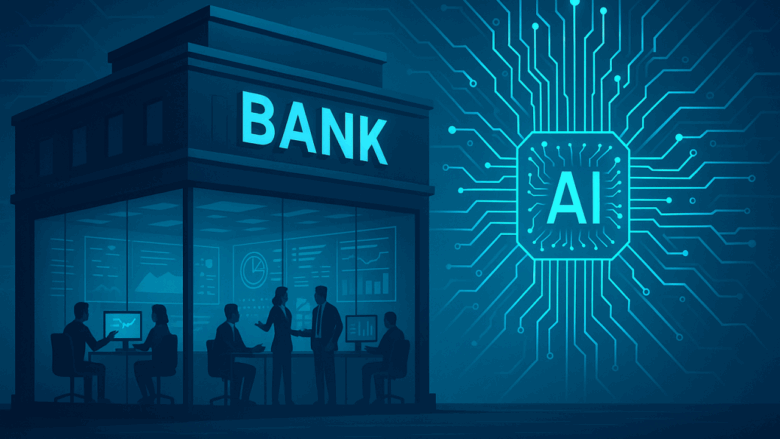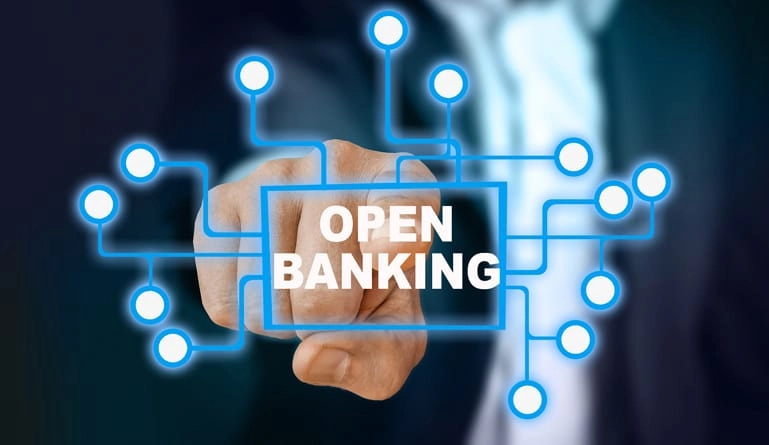As more and more money is processed online, digital transactions are clearly the future. With just a few clicks, we can pay bills, send money, and make purchases anytime, anywhere. While the transition to a cashless economy has increased efficiency, it also brings increased risks. These days, it’s not just techies who need to understand …
Rapid digital innovation and increasingly complex regulations are trapping financial markets. For decades, financial institutions have struggled with cumbersome processes, massive spreadsheets, and an army of compliance officers to keep pace with constantly changing standards. Traditional approaches are costly, inefficient, and prone to human error, increasing operational risks. RegTech (Regulatory Technology) is a powerful new …
In today’s fast-paced digital economy, the modern financial world relies on mobile payments. From paying for groceries with a tap on your phone to quickly transferring money across borders, new technologies are changing the way we use funds. Mobile payments are a significant step toward a cashless society, where speed, security, and convenience define customer …
Traditional finance remains closed to billions of people worldwide. Remote banking locations, unclear fee structures, and requirements for formal identification or credit history exclude significant segments of the population. Those without or with limited access to banking services hinder economic security, growth, and mobility, perpetuating poverty and inequality. A powerful and silent movement is democratizing …
Digital banking is undergoing a dramatic transformation, with artificial intelligence (AI) as the main driving force. Once viewed as a futuristic technology, artificial intelligence (AI) now plays a crucial role in banking operations, enabling banks to provide smarter, faster, and more personalized banking services. AI is transforming the way banks interact with customers and conduct …
In today’s rapidly evolving digital marketplace, mobile payments are a crucial way to pay and receive payments. This technology has completely transformed the way we handle money. Now, you can pay for everyday purchases and quickly transfer money across borders with just a tap of your phone. Mobile payments are more than just a convenience; …
In today’s fast-paced digital age, online financial management is becoming the norm, not the exception. People are increasingly choosing digital currencies for their convenience. They use mobile banking apps, digital wallets, and online investment platforms. However, this convenience also brings a higher risk of cyberattacks, identity theft, and financial fraud. Cybercriminals are becoming increasingly sophisticated, …
Blockchain is at the heart of one of the biggest shifts in the financial world. Once primarily associated with cryptocurrencies like Bitcoin, it has emerged as a powerful technology transforming digital banking worldwide. Blockchain breaks down long-standing barriers that have hindered the sector’s growth, speeding up transactions and bringing greater clarity to processes. Banks, governments, …
Open banking is one of the most significant changes in the financial sector. It refers to a method by which banks and other financial institutions share data with third-party companies through secure APIs (application programming interfaces). Customers can share their financial data with trusted platforms, gaining access to new products, services, and personalized financial solutions. …








